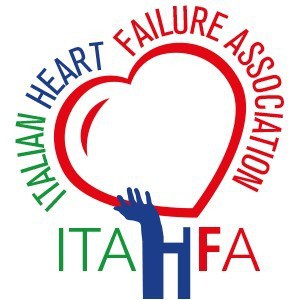" - I'm Faiez Zannad. I'm a Heart Failure Specialist and Emeritus Professor of Therapeutics and Cardiology in University of Lorraine and have then worked mostly in the clinical trial field as a clinical trialist.
What is the EMPEROR-POOLED Analysis?
Well, the EMPEROR-Pooled is basically pooling the data from EMPEROR-Preserved and EMPEROR-Reduced. And the big question mark after we have shown that this class of drug is effective in heart failure is why is that so? Because these drugs were developed to start with as glucose-lowering medication, but then we have shown that in EMPEROR, the drug works equally in non-diabetes and diabetes. So it must be something different. And we have a clue from basic science, from molecular biology on potential mechanic faction, but not being verified in the clinical setting. And it gives a huge opportunity to have fatal trial data, control, randomised placebo-controlled with different time points to analyse biomarkers. Now we have elected to use the proteomic approach because proteins are mostly behind the mechanism faction of medication and are targets of drugs. And we have used a big screen called proteomic, whereby we can measure hundreds of proteins at once, selected, so it's not totally unbiased, but it is semi-biased, selected toward cardiac and renal pathology. And the bottom line is that we did reproduce what has been shown in basic science and find a few more mechanism faction which were untapped so far. So the two main messages is that the mechanisms of benefit in heart failure benefit cardiac and renal are not necessarily related to glucose lowering or metabolism effect, but they are related to mitigation of inflammation, of fibrosis in the heart, in the kidney, but also of autophagy. Autophagy is a mechanism very familiar to oncology, and this is potentially new in the cardiovascular field. And it is kind of a house cleaning process whereby the debris and the cells which are not doing well can be cleared, right? So there is a stimulation of autophagy in order to help with the remodelling of the heart and of the kidney. So there are multiple other mechanisms. So there are a pleiotropic mechanism faction, not necessarily related to glucose lowering, and autophagy, inflammation and fibroids are the keyword. There are a few other mechanisms, but that's really new. And my final word is explaining how clinical trials can contribute to mechanistic science. Usually we only, you know, relate, rely on experimental basic animal studies, but here, this is what typically we'd call reverse translational, from bed to bench, right? And therefore with these omics, and we have started the prodromic, we hope we'll have a journey through other omics. That is a way from clinical data to uncover the mechanistic faction of drugs and the mechanism of benefit, in this case in the heart and the kidney. Well, this is a very meaningful step because there hadn't been so more, so many exploration of the mechanism of drugs in the clinical setting. We did so explain the mechanistic faction of a mineralocorticoid receptor antagonist Spironolactone in the HOMAGE trial. So these are the very few first elements, and I'm pretty sure that this is going to be opening, very, very importantly, the investigation of mechanism faction, but because in cardiovascular most of the time, and we call it serendipity, we find benefits of drugs which were not thought of. And this is typically the case of SGLT2 inhibitors, they're being developed as glucose-lowering, and then all of a sudden we find that they may be used for something else. So this new discipline of omics-based mechanistic study from clinical trial data are going to be really growing.”







